I have an existing app in the App Store that supports both iOS 7 and 8 (though I'll be dropping iOS 7 support shortly).
My latest version of the app has brought both IADs and AdMobs (where AdMobs act as a failover from IADS). With the upcoming launch of iOS 9, and the recent craze of Google requiring the removal of SSL (http://googleadsdeveloper.blogspot.ch/2015/08/handling-app-transport-security-in-ios-9.html HTTPS request in iOS 9 : NSURLSession/NSURLConnection HTTP load failed (kCFStreamErrorDomainSSL, -9802)), from a beginner's point of view, I'd like to ask about some warnings I'm getting with my app running in Xcode 7 beta 5.
NSURLSession/NSURLConnection HTTP load failed (kCFStreamErrorDomainSSL, -9802)
There's this link that I came across as well http://timekl.com/blog/2015/08/21/shipping-an-app-with-app-transport-security/?utm_campaign=iOS%2BDev%2BWeekly&utm_medium=email&utm_source=iOS_Dev_Weekly_Issue_213
So, what exactly do I need to do to remove this warning from the console when running my app on iOS 9?
I've come across one list that talks about disabling botched in Xcode, but firstly I don't understand what disabling that does, but also, is that required for this? What does ENABLE_BITCODE do in xcode 7?
Any thoughts on this would be really appreciated.
